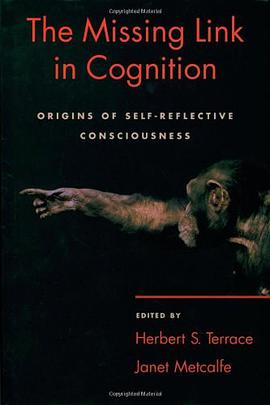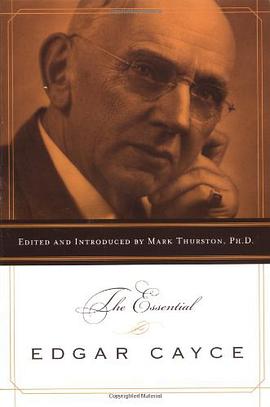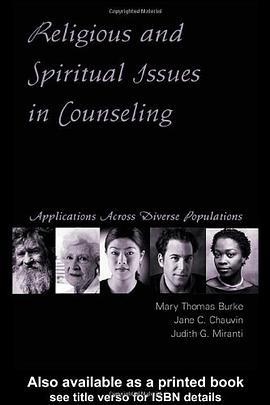

具体描述
How do we develop self-awareness, or a sense of self? One of the most popular theories is that language plays a major role: language and the narrative form allow us to develop a sense of self because this sense is dependent upon representational thought and the psychological manipulation of representations. Some scholars argue against this theory, claiming that more than language and representational thought is needed. Comparing human and animal cognition is a particularly powerful way of examining this disagreement; if animals possess self-awareness without having the representational linguistic capabilities of humans, then the comparison will provide significant evidence for the argument that language and narrative form do not play the only role, and that researchers may have overlooked a cognitive link. Terrace and Metcalfe propose to facilitate this work of some participants, such as Endel Tulving, Janet Metcalfe, and Daniel Povinelli, shows that self-awareness, metacognitions, and representational thought are unique to humans, while that of precursors to self-aware thought processes exist in non-human primates, the debate is likely to be lively and informative. This volume will be of great interest to researchers in cognitive, developmental, and social psychology.
作者简介
目录信息
读后感
评分
评分
评分
评分
用户评价
相关图书
本站所有内容均为互联网搜索引擎提供的公开搜索信息,本站不存储任何数据与内容,任何内容与数据均与本站无关,如有需要请联系相关搜索引擎包括但不限于百度,google,bing,sogou 等
© 2026 book.wenda123.org All Rights Reserved. 图书目录大全 版权所有




















